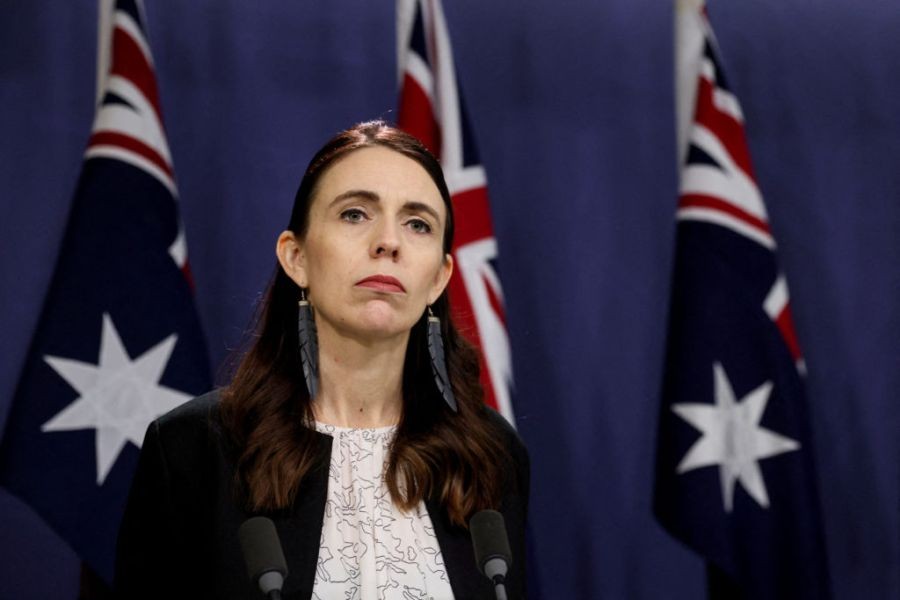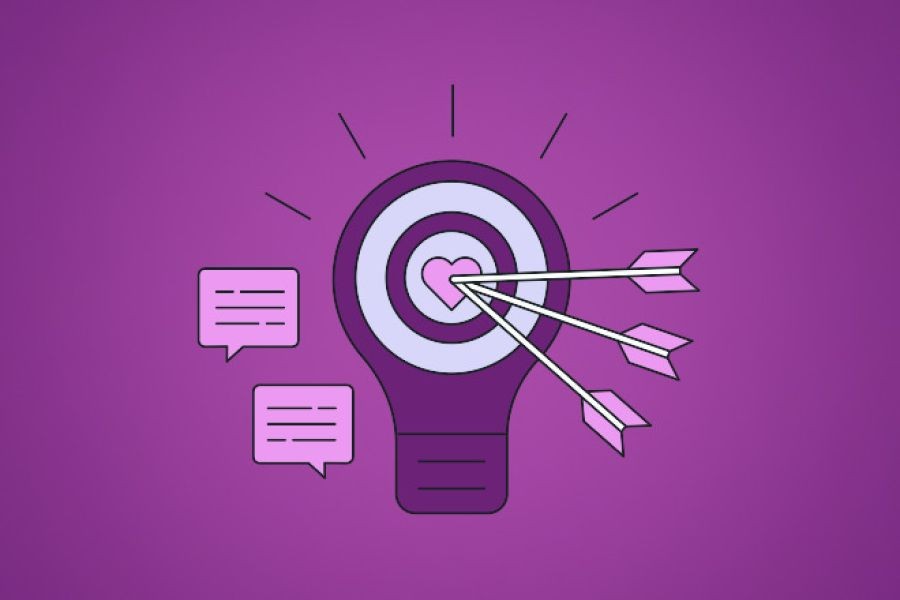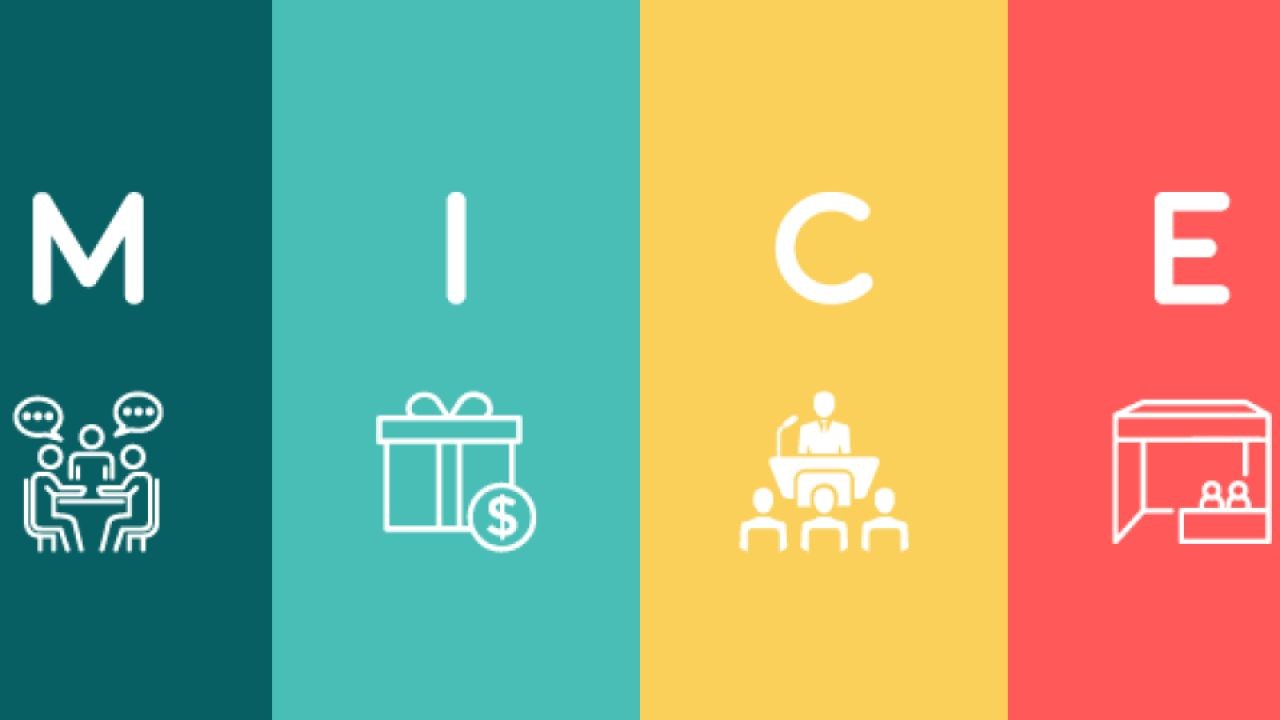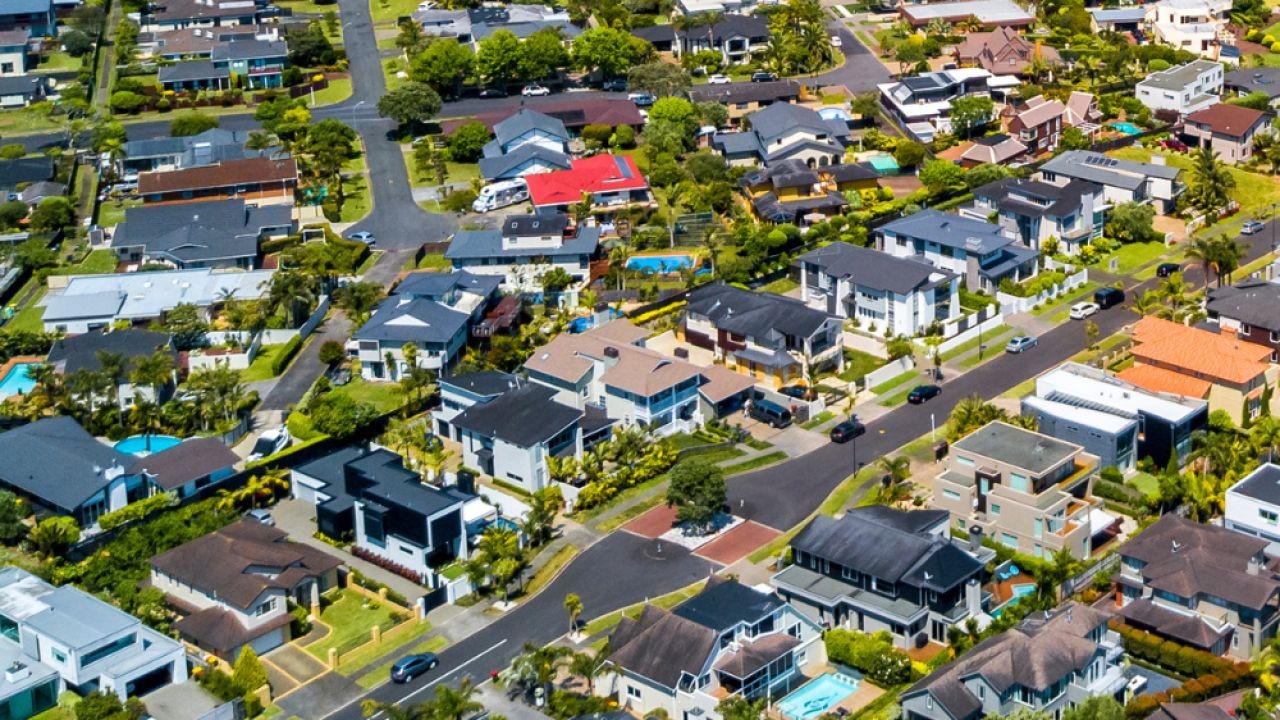Social media has profoundly reshaped the political landscape worldwide, and New Zealand is no exception. From influencing elections to shaping public policies, these platforms wield immense power. To understand this impact, let's delve into how social media is transforming New Zealand politics with data-driven insights and real-world examples.
How Social Media Drives Political Engagement
Social media platforms have democratized information dissemination, allowing ordinary Kiwis to engage with political content like never before. According to Stats NZ, over 90% of New Zealanders have internet access, and a significant portion actively participates in social media discussions. This digital engagement has enabled political candidates to reach voters directly, bypassing traditional media gatekeepers.
The Rise of Digital Campaigning
Political campaigns have increasingly shifted towards digital platforms. In the 2020 general elections, social media became a crucial battleground. Parties utilized targeted ads to engage specific demographics, from young voters on TikTok to older generations on Facebook. This trend mirrors global shifts, with traditional media losing ground to more interactive, personalized digital experiences.
Case Study: Jacinda Ardern's Social Media Strategy
Jacinda Ardern's social media strategy exemplifies effective digital engagement. During her tenure, Ardern utilized platforms like Instagram to communicate transparently and empathetically, particularly during crises such as the COVID-19 pandemic. Her posts, often personal and informal, fostered a sense of connection with the public, enhancing her relatability and trustworthiness.
Problem: Ardern faced the challenge of maintaining public confidence during uncertain times.
Action: She leveraged social media to provide timely updates and engage directly with citizens, using live streams and Q&A sessions to address concerns.
Result: Her approach resulted in a 15% increase in public approval ratings during the pandemic's peak.
Takeaway: Authenticity and direct engagement on social media can significantly bolster public trust in political leaders.
Influencing Public Opinion and Policy
Social media also plays a pivotal role in shaping public opinion and influencing policy decisions. Platforms like Twitter and Facebook serve as arenas for public discourse, where citizens can voice concerns and advocate for change. This democratization of opinion has pressured policymakers to be more responsive to public sentiment.
Case Study: The Impact of Social Movements
The #MeToo movement in New Zealand exemplifies social media's power to drive policy change. Sparked by global discussions, New Zealanders took to platforms like Twitter to share experiences and demand action against sexual harassment.
Problem: Sexual harassment and gender inequality persisted despite existing laws.
Action: Activists and citizens utilized social media to highlight issues and demand legislative changes, leading to broader public discussions and media coverage.
Result: The NZ government introduced stricter laws and workplace policies to address harassment.
Takeaway: Social media can amplify social movements, compelling governments to enact meaningful policy changes.
Challenges and Risks: Misinformation and Polarization
While social media offers opportunities for engagement and influence, it also presents significant challenges. Misinformation and polarization are two critical issues that can undermine democratic processes.
Misinformation: A Growing Concern
False information can spread rapidly on social media, influencing public perception and electoral outcomes. A 2023 study by the University of Auckland found that 62% of New Zealanders encountered misinformation online. Such misinformation can skew public understanding of critical issues, prompting misguided policy preferences.
Polarization and Echo Chambers
Social media algorithms often create echo chambers, where users are exposed to information reinforcing their existing beliefs. This can lead to increased political polarization, as individuals become less willing to engage with opposing viewpoints. Strategies to mitigate these effects include promoting media literacy and encouraging diverse content consumption.
Future Trends and Predictions
Looking ahead, social media's role in New Zealand politics will likely continue to evolve. By 2026, it's anticipated that digital platforms will account for 60% of political advertising spend, as parties increasingly recognize the need to connect with tech-savvy voters. Furthermore, advancements in AI and data analytics could enable even more precise targeting and personalization of political messages.
Balancing Opportunities and Challenges
As social media becomes increasingly integral to politics, striking a balance between leveraging its advantages and mitigating its risks will be crucial. Policymakers, tech companies, and citizens must collaborate to foster a healthy digital ecosystem that enhances democratic engagement while safeguarding against misinformation and polarization.
Social Media’s Growing Role in NZ Politics
New Zealand has a unique political culture marked by:
A highly engaged electorate
A mix of urban and rural voters
Growing digital literacy across all age groups
Strong media freedom and regulation by the Electoral Commission
With these factors, social media platforms have become essential tools that bridge the gap between politicians and constituents, but they also bring challenges like misinformation and polarization.
The Top 10 Ways Social Media is Changing the Political Landscape in New Zealand
1. Direct Communication Between Politicians and Voters
Social media allows politicians to bypass traditional media and communicate directly with voters. This immediacy helps:
Share policy updates in real-time
Respond quickly to current events
Humanize politicians by sharing behind-the-scenes content
For example, MPs regularly use Instagram Stories and TikTok videos to showcase their workday or explain legislation in relatable ways.
2. Increased Political Participation and Engagement
Social media has lowered barriers for people to engage with politics:
Joining political groups on Facebook
Sharing and commenting on policy discussions
Participating in online polls and campaigns
This engagement helps mobilize younger voters, who might otherwise feel disconnected from formal politics.
3. Amplification of Māori and Pasifika Voices
Platforms like Twitter and TikTok have been pivotal in raising awareness of Māori and Pasifika political issues. Social media enables:
Amplification of iwi perspectives
Wider dissemination of kaupapa Māori policies
Connecting grassroots activists with politicians
This digital visibility fosters greater representation and understanding of indigenous rights in political discourse.
4. Rapid Spread of Political Misinformation and Fake News
One major downside is the speed at which false information spreads, influencing voter opinions unfairly. Examples include:
Misleading claims during election campaigns
Viral conspiracy theories about policies or politicians
The Electoral Commission and fact-checkers like Snopes NZ actively work to combat misinformation online.
5. Use of Data Analytics and Targeted Political Advertising
Political campaigns increasingly rely on micro-targeting ads on Facebook and Google to reach specific demographics. This allows:
Tailored messaging based on voter data
Efficient budget use in swing electorates
Potential privacy concerns among the public
New Zealand’s electoral laws are evolving to regulate these digital campaign tactics.
6. Rise of Political Influencers and Citizen Journalists
Beyond politicians, activists, influencers, and everyday citizens now shape political narratives. They:
Create viral videos explaining complex policies
Organize protests and petitions online
Hold politicians accountable through social media scrutiny
This democratizes political commentary but also demands media literacy.
7. Enhanced Transparency and Accountability
Social media exposes politicians to public scrutiny in unprecedented ways. For instance:
Voters fact-check statements instantly
Live streaming of parliamentary sessions and events
Real-time reactions during debates and crises
This fosters greater transparency, pressuring politicians to uphold integrity.
8. Polarization and Echo Chambers
Social media algorithms often create “echo chambers” where users only see content that reinforces their views, leading to:
Political polarization and tribalism
Reduced cross-party dialogue
Challenges for consensus-building in Parliament
Awareness campaigns encourage users to diversify their news sources.
9. Mobilization During Elections and Referenda
Social media has become a powerful tool to mobilize voters, especially during tight races. Examples:
GOTV (Get Out The Vote) campaigns on Instagram and Facebook
Influencer endorsements influencing young voters
Viral hashtags raising awareness of key ballot issues
Such digital efforts can sway turnout and election results.
10. Changing Nature of Political Debate and Campaigning
Finally, social media has shifted political campaigning from formal speeches and advertisements to interactive, visual, and short-form content:
TikTok challenges about policies
Instagram Reels summarizing candidate platforms
Twitter threads dissecting debates
This evolution demands politicians adapt to new communication styles to stay relevant.
🎯 Avoiding the Mistakes Others Already Made in Political Social Media
| Mistake | What Happened | Tactical Fix |
|---|---|---|
| Ignoring online engagement | Some MPs missed younger voters by avoiding social media. | Build a consistent, authentic presence across key platforms. |
| Overreliance on paid ads | Heavy ad spending without genuine engagement led to voter distrust. | Combine ads with transparent, meaningful interactions. |
| Failing to fact-check | Sharing unchecked info damaged credibility during campaigns. | Use trusted sources and verify before posting. |
| Not addressing misinformation quickly | Rumours gained traction before official responses. | Monitor and respond to false claims promptly. |
| Inconsistent messaging | Conflicting posts confused voters. | Maintain a clear and unified message across channels. |
The Future of Political Engagement in New Zealand
Social media’s role in New Zealand politics will only grow, influenced by:
Increased regulation on digital political advertising
More immersive content formats like live streaming and AR
Greater use of AI for sentiment analysis and engagement insights
Enhanced voter education through platforms like Vidude.com
How Platforms Like Vidude.com Can Support Political Discourse
Vidude.com offers a local video platform focused on New Zealand, providing:
A space for local candidates and parties to share detailed policy videos
Tools for community discussions with moderation to reduce toxicity
Educational content on NZ’s electoral system and civic participation
A trusted environment for sharing fact-checked political content
This helps bridge the gap between politicians and citizens in an authentic, trustworthy way.
Conclusion
Social media's impact on New Zealand politics is both profound and multifaceted. It offers unprecedented opportunities for engagement and influence, empowering citizens and reshaping political strategies. However, it also presents challenges that require careful management and collaborative solutions. As we navigate this digital era, embracing innovation while safeguarding democratic integrity will be key.
What are your thoughts on social media's role in politics? Share your insights in the comments below!
People Also Ask
- How does social media impact businesses in New Zealand? NZ businesses leveraging social media report 25%+ higher customer retention, according to NZ Business Insights. Adopting this strategy can enhance engagement and revenue.
- What are the biggest misconceptions about social media's role in politics? One common myth is that social media only affects younger demographics. However, research from Stats NZ shows significant engagement across all age groups.
- What are the best strategies for political campaigning on social media? Experts recommend starting with targeted ads, followed by engaging content, and ensuring authenticity for long-term success.
- What upcoming changes in New Zealand could affect social media's role in politics? By 2026, policy updates in digital advertising could shift the social media landscape—stay ahead by adopting innovative engagement strategies.
- Who benefits the most from social media in politics? Social media benefits political parties, activists, and citizens, making it a strategic focus for engaging and influencing public opinion.
Related Search Queries
- Social media impact on politics in New Zealand
- Jacinda Ardern social media strategy
- Misinformation on social media in NZ
- Political advertising trends in New Zealand
- Social movements in New Zealand
- Digital campaigning in NZ elections
- Social media's role in policy change
- Polarization in New Zealand politics































